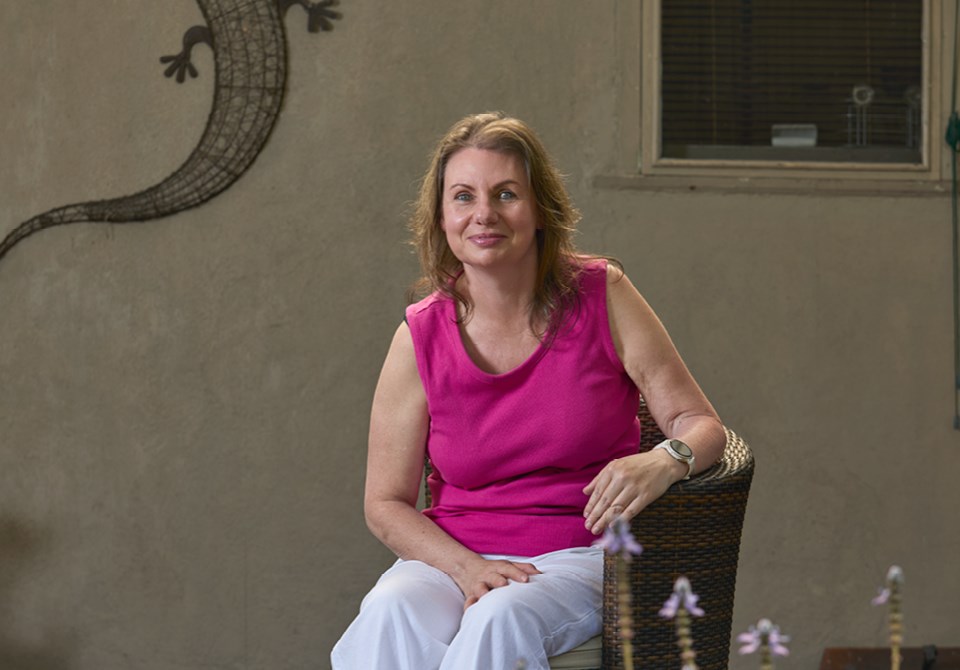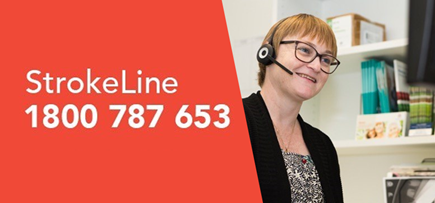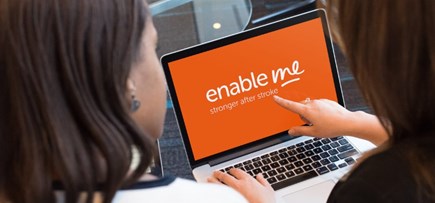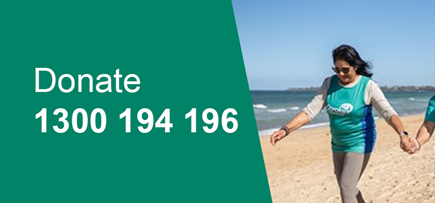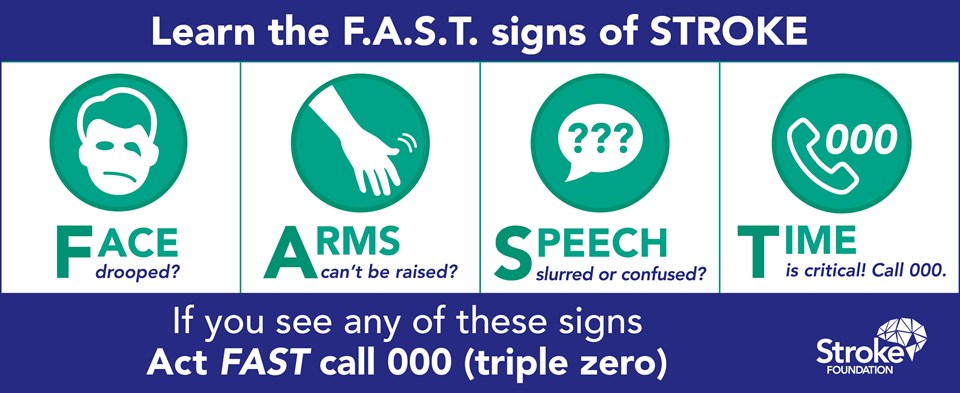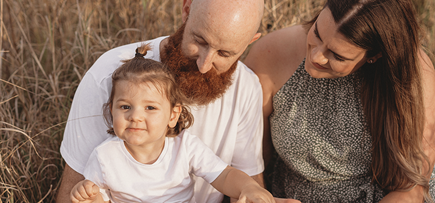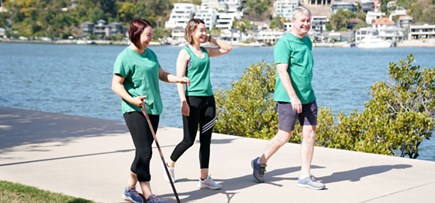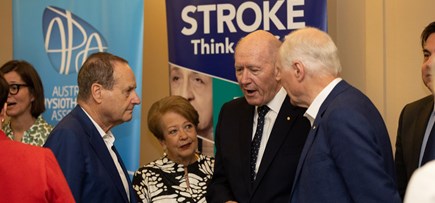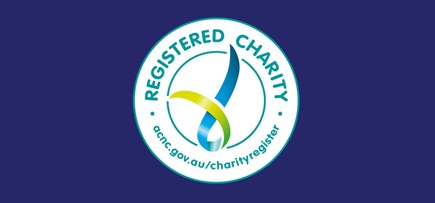Learn about Stroke
|
What is a stroke: A stroke happens when blood supply to the brain is interrupted. Blood is carried to the brain by blood vessels called arteries. Blood contains oxygen and important nutrients for your brain cells. Blood may be interrupted or stop moving through an artery, because the artery is blocked (ischaemic stroke) or bursts (haemorrhagic stroke). When brain cells do not get enough oxygen or nutrients, they die. The area of brain damage is called a cerebral infarct.
|
What is a stroke: A stroke happens when blood supply to the brain is interrupted. Blood is carried to the brain by blood vessels called arteries. Blood contains oxygen and important nutrients for your brain cells. Blood may be interrupted or stop moving through an artery, because the artery is blocked (ischaemic stroke) or bursts (haemorrhagic stroke). When brain cells do not get enough oxygen or nutrients, they die. The area of brain damage is called a cerebral infarct.
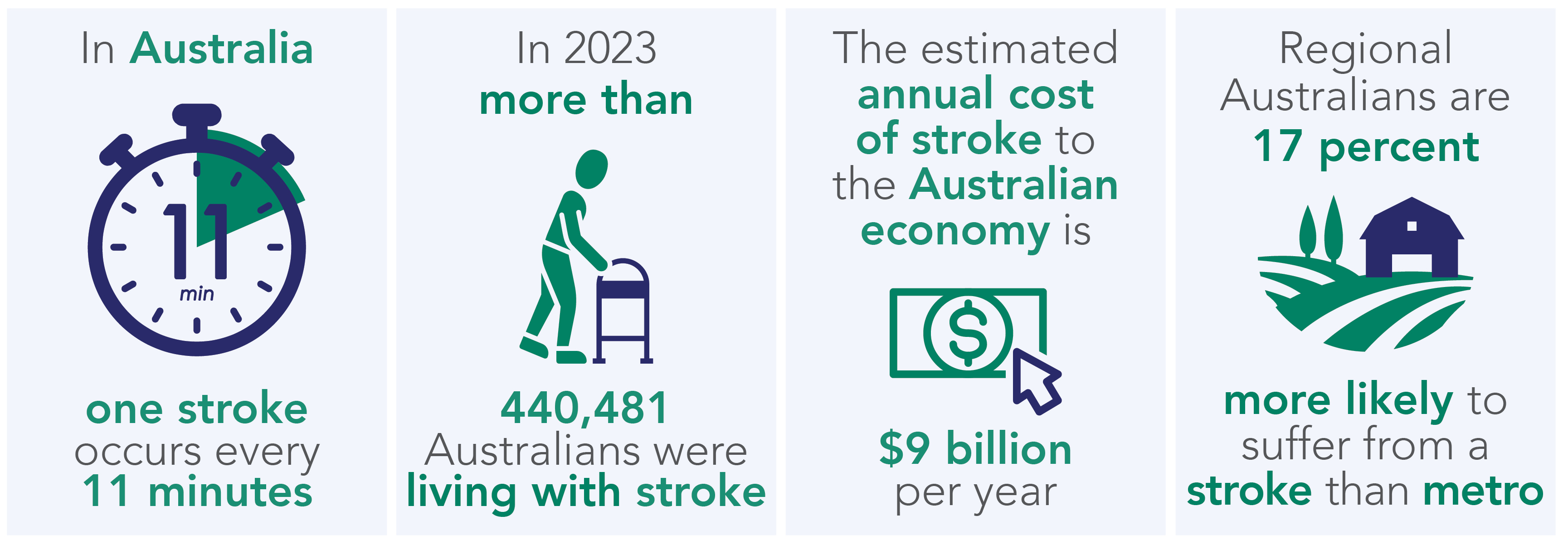
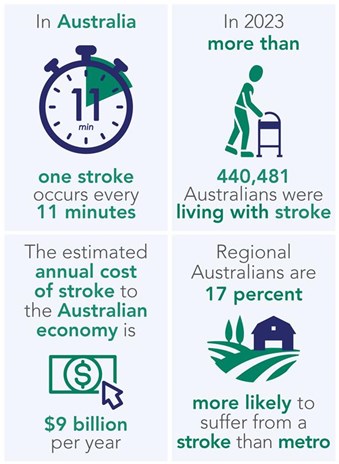
Lifestyle factors |
Medical factors
|
Stroke risk factors that you cannot control
|
Lifestyle factors
- High blood pressure
- High cholesterol
- Smoking
- Obesity or being overweight
- Poor diet
- Lack of exercise
- Alcohol
Medical factors
- Transient ischaemic attack (TIA)
- Irregular pulse (atrial fibrillation)
- Diabetes
- Fibromuscular dysplasia (FMD)
Stroke risk factors that you cannot control
- Age
- Gender
- Family history
Support and resources
Health Professionals
The Stroke Foundation develops the national stroke guidelines, measures and monitors the adherence to these guidelines via the national stroke audit, and develops education and resources for health professionals to support the delivery of best practice stroke care and reduce the evidence-practice gap.
Stroke Survivors & Carers
enableme is a free online resource and community developed with stroke survivors for stroke survivors and their families and supporters. With fact sheets and videos on a wide range of practical topics impacting daily life after stroke. Visit enableme.org.au for more information.



